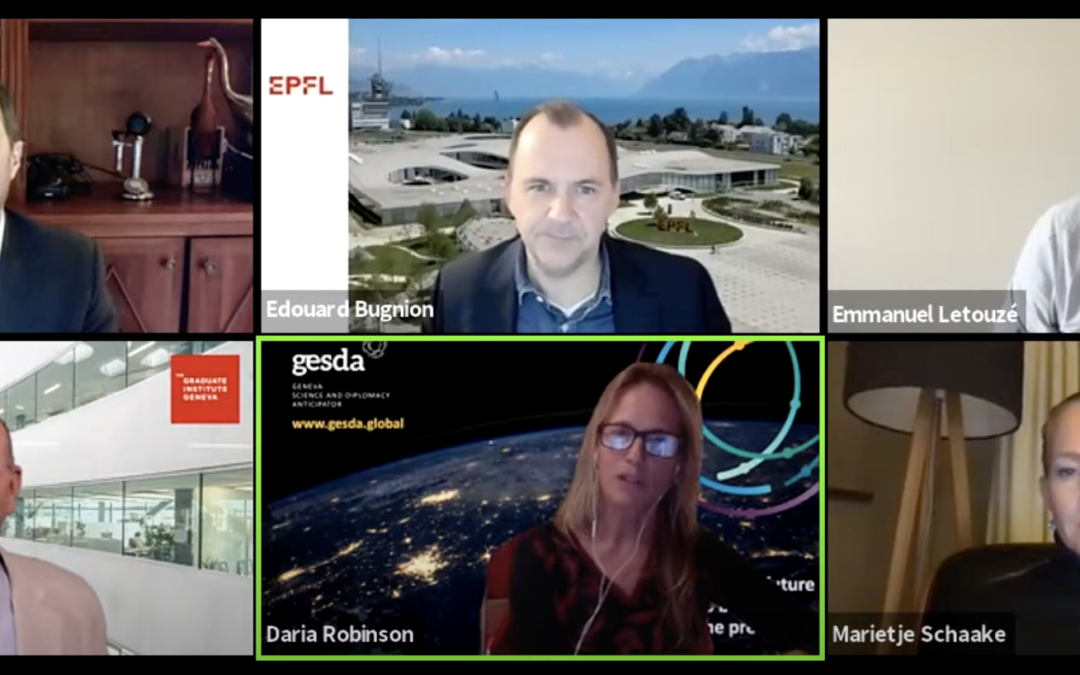Data plays a pivotal role in many avenues of our lives, our economies, and our societies. This truth has been highlighted in dramatic fashion in societies’ response to the COVID-19 crisis. But what is data? This question is critical yet not easy to answer since data is not just one thing, and it is changing fast as we look to the future. A conference entitled “Future practice of Data Governance” was organized by the Graduate Institute on 23 November to address these issues.
The rising importance of data has thrown up new challenges ranging from competition policy to privacy to the geostrategic implications of 5G. The importance of understanding and addressing these new challenges has been made more urgent by a growing, popular backlash against some aspects of the digital economy. This ‘techlash’ is perhaps inevitable as every great new tool can be used for both good and bad. As we have seen, data can yield insights for contact tracing, but can lead to privacy concerns. Data on political preferences helps new candidates compete for public office, but it can also help deliver disinformation. And there is an increasing sense that only the tip of the iceberg is in view.
Data governance, to realise the benefits of data and reduce the harms, cannot be left only to governments. Users must have a say, with the help of civil society; new technology can provide privacy and security by design; companies can help to generate trust through ethical data handling; while governments take their respective role in setting policy and developing regulations.
Daria Robinson, Executive Director of the Diplomacy Lab at GESDA, took part in the high-level closing panel.
(Event video recording of the Session 4 & High level closing panel: the latest starts at 1:27:20).


